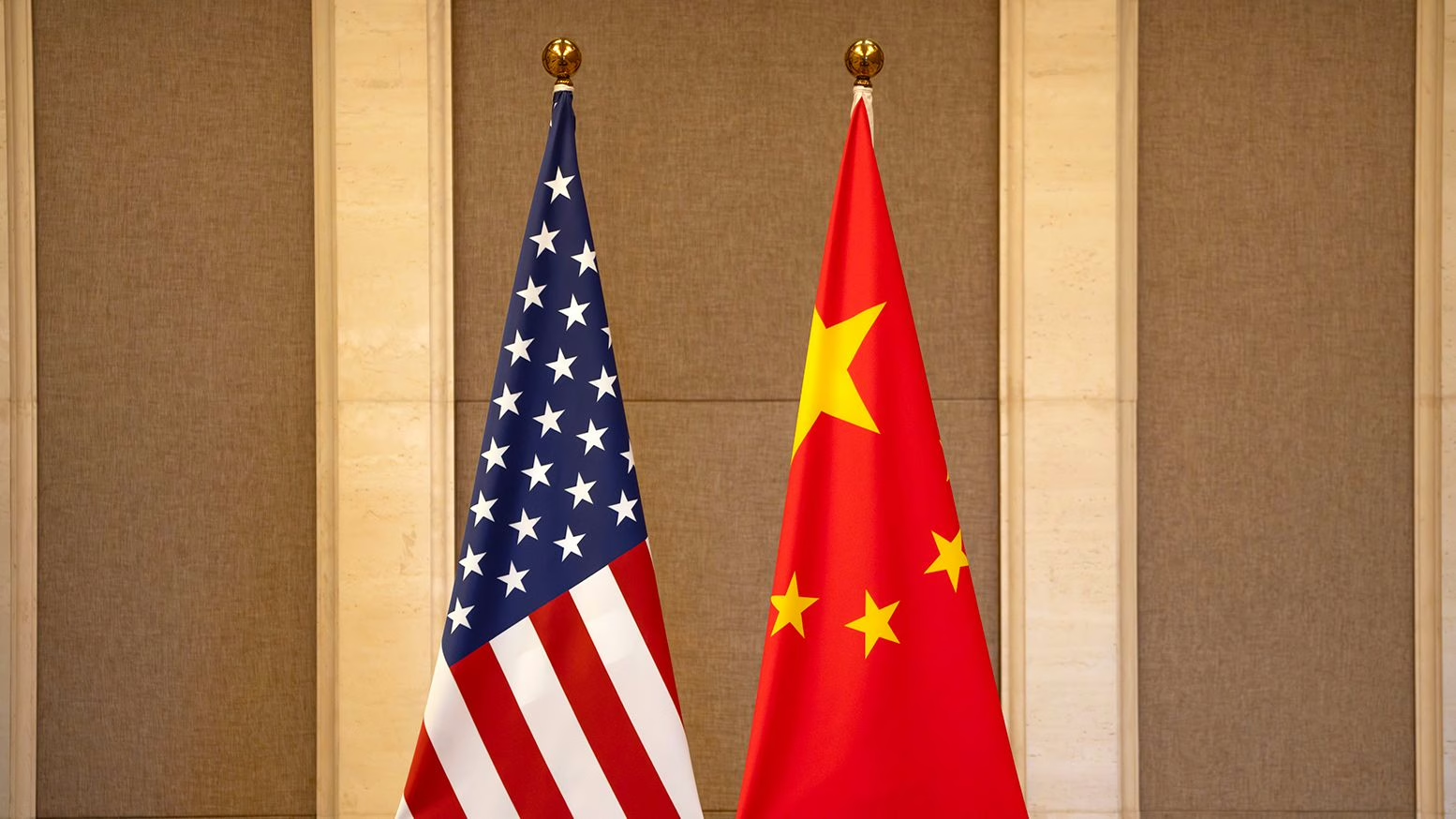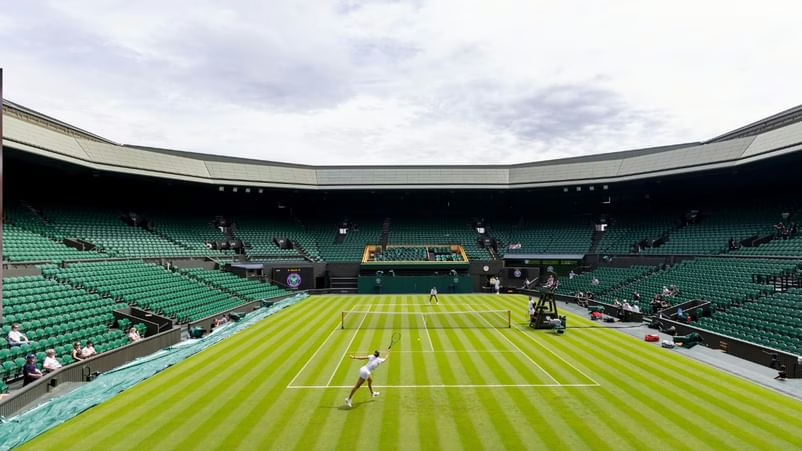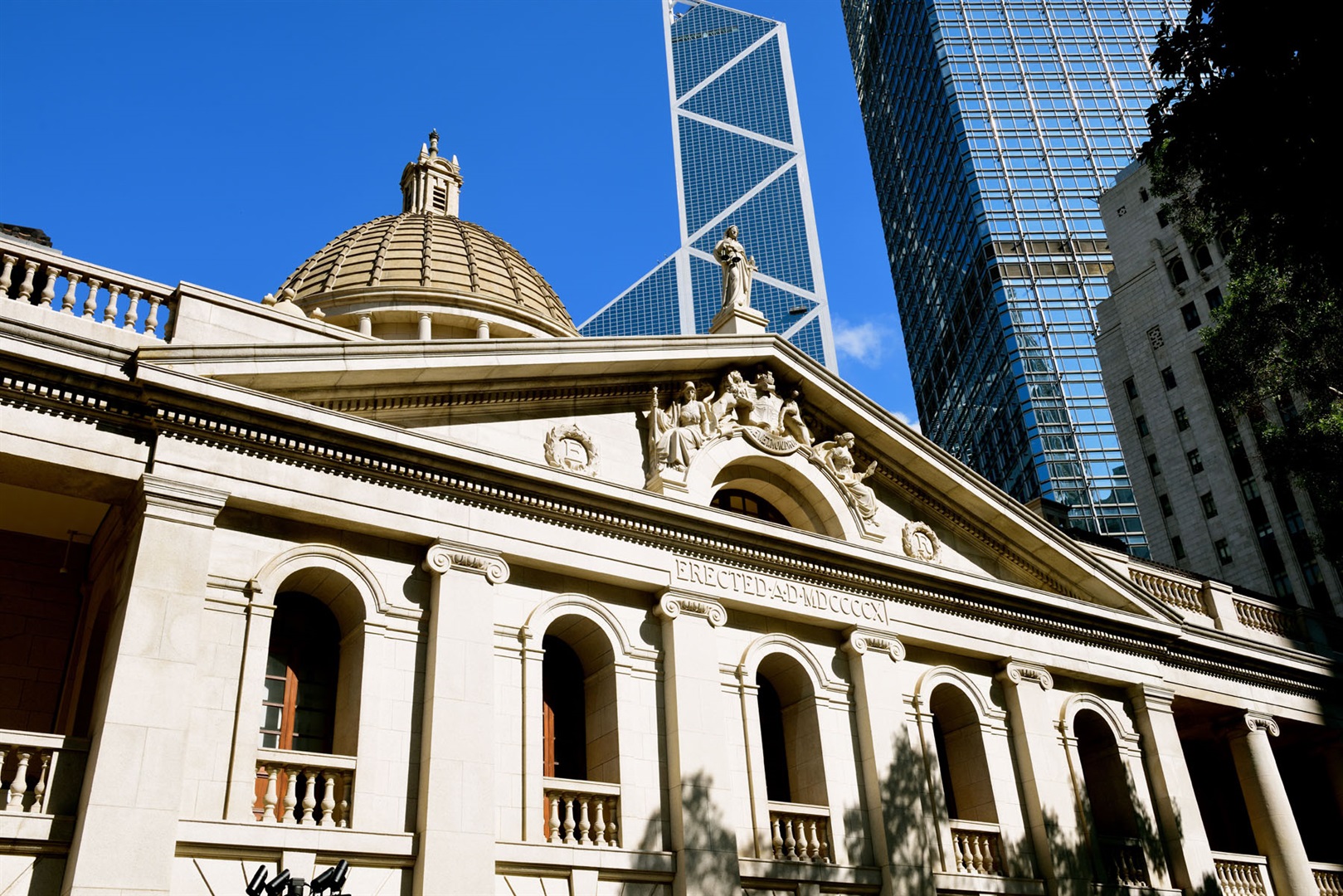The US-China trade war has hit a turning point! In high-stakes talks in Geneva, Switzerland, the two powers struck a landmark deal, slashing tariffs and launching regular dialogue. Will China fling open its doors to Facebook and Google? Could a thaw in US-China ties restore Hong Kong’s open society? With President Trump tossing the Jimmy Lai case into the mix, the negotiations are sparking fireworks, and the world is watching.
Tariffs Plummet, Talks Gain Momentum
After marathon negotiations, the US and China agreed to suspend steep tariffs for 90 days. The US will cut tariffs on Chinese goods from 145% to 30%, while China will reduce retaliatory tariffs on US products to 10%. Both sides will scrap 91% of their tit-for-tat tariffs, pause 24% of reciprocal tariffs, and keep only a 10% baseline. A permanent trade consultation mechanism was also greenlit to keep talks on track.
US Treasury Secretary Scott Bessent hailed the talks as “a resounding success,” calling the deal a “stabilising force” for the global economy. Chinese Vice Premier He Lifeng described the discussions as “candid and thorough,” marking a pivotal step in cooling trade tensions.
Trump: Open China’s Markets, Spotlight on Jimmy Lai
President Trump wasted no time, trumpeting his tough yet pragmatic China policy: “We’re fighting for fair trade! Slashing tariffs and opening markets is a massive win for American businesses and farmers, and it’ll push China to reform. I’m laser-focused on intellectual property and subsidies—China must deliver!” He backed China’s market opening under global rules but warned, “The game has to be fair.”
In a bombshell move, Trump told radio host Hugh Hewitt he’s bringing the case of Hong Kong pro-democracy figure and former Apple Daily founder Jimmy Lai to the negotiating table, calling it “a cracking issue.” Lai, detained under Hong Kong’s National Security Law, is a lightning rod in US-China relations. Trump previously vowed to “100% secure Lai’s release,” and with Lai’s son, Sebastien Lai, lobbying Washington, the issue is heating up.
China’s Market Opening? Internet Giants Face Long Odds
Will China honour its market-opening pledges, particularly by letting tech titans like Facebook and Google in? Analysts are sceptical: don’t hold your breath. Since Google quit China in 2010 over censorship rows, and with Facebook and X blocked by the “Great Firewall,” China’s iron grip on the internet is a political non-negotiable. X users speculate that even a trade deal won’t budge Beijing, as these platforms threaten its information control.
China insists foreign firms must comply with strict censorship and data localisation rules. Alibaba’s former chair Jack Ma once bluntly said firms unwilling to play by China’s rules “can leave.” The EU and Japan hope for market liberalisation, but they’re not banking on internet breakthroughs. Progress is more likely in finance or manufacturing than in the sensitive tech sphere.
Hong Kong’s Fate: Can a US-China Thaw Revive Its Open Society?
Caught in the crosshairs of the US-China trade war, Hong Kong’s future hangs in the balance. Lower tariffs could ease pressure on the city as a trade hub, but if talks veer into flashpoints like the Jimmy Lai case or Hong Kong’s autonomy, sparks could fly. The bigger question looms: if US-China tensions ease, would the Chinese Communist Party loosen its grip, allowing Hong Kong to reclaim its once-vibrant open society?
Experts are gloomy. Since the 2020 National Security Law, Hong Kong’s freedoms and civicFree speech and civic space have been gutted, with figures like Jimmy Lai jailed and independent media all but wiped out. University of Hong Kong political scientist Ivan Choy remarks, “Beijing’s control over Hong Kong is a long-term strategy. A US-China trade deal might offer economic breathing room, but political liberalisation is near impossible.”
History suggests China may make token concessions under pressure, such as easing foreign investment rules or boosting finance, but these won’t reverse Hong Kong’s societal shift. On X, Hong Kong netizens lament that even a US-China détente is unlikely to restore the city’s lost freedoms, as Beijing’s promises of autonomy lie in tatters.
Hong Kong’s Outlook and the Jimmy Lai Flashpoint
Trump’s push to include the Jimmy Lai case could escalate US-China clashes over Hong Kong. The Trump administration previously sanctioned Chinese and Hong Kong officials under the Hong Kong Autonomy Act and revoked the city’s special trade status. If Lai’s case becomes a bargaining chip, the US may ramp up pressure, while Beijing could retaliate by curbing Hong Kong’s financial activities or cracking down harder on dissent.
IMF chief economist Pierre-Olivier Gourinchas warns that Hong Kong’s economic recovery hinges on global trade stability, but geopolitical risks could erase the trade deal’s benefits. Investor confidence in Hong Kong’s status as a financial hub is wobbling under the National Security Law, and a US-China flare-up could spell trouble.
Road Ahead: High Stakes, High Drama
Despite the breakthrough, thorny issues—subsidies, intellectual property, and geopolitics—loom large. Rumours swirl that China has quietly waived tariffs on $40 billion in US goods as a goodwill gesture, though officials haven’t confirmed. Internet liberalisation? A pipe dream for now. Hong Kong’s return to an open society? A distant hope.
With the new dialogue mechanism in motion, global markets are glued to whether the talks can sustain momentum. Trump’s hardline stance, the sensitivity of Lai’s case, and China’s cautious approach make this trade saga a nail-biter, with Hong Kong’s fate teetering in the storm.
Discover more from “Bridging Hongkongers. Reporting Truth.”
Subscribe to get the latest posts sent to your email.




